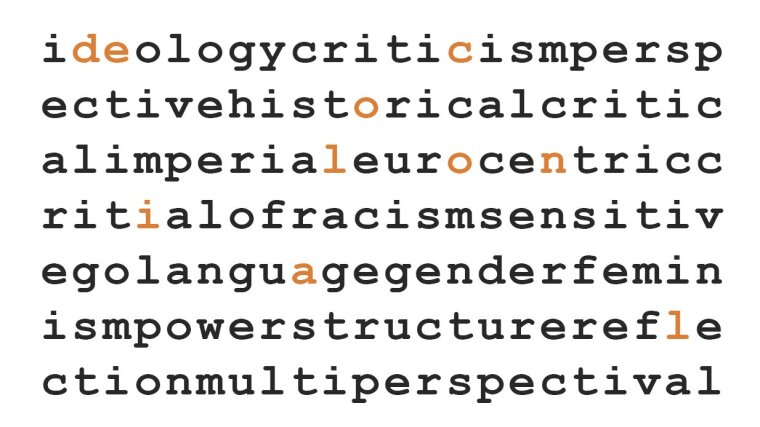
The life's work of the Jena zoologist and evolutionary biologist Ernst Haeckel (1834-1919) coincides with a period of scientific, social and political upheavals. In particular, the long nineteenth century was characterized by industrialization, colonization and secularization.
Haeckel came from an educated middle-class milieu. As a professor, he was able to use his position and connections to spread his views. Drawing on Darwin’s theory of evolution, he participated in the formation and dissemination of a new biologistic worldview.
Haeckel’s descriptions of nature and culture, like those of many 19th century European scientists, contain colonial patterns of thought. The very act of traveling and gathering knowledge was inextricably linked to the power that Europe exercised in other parts of the world. Colonial domination was not only based on armed force and economic exploitation, but also involved the colonization of the cultural. The racial classifications and the idea of the superiority of Europeans that were an essential part of his evolutionary biology must be evaluated against this background.
Haeckel's biologistic view of humanity also included his advocacy, beginning in 1900, of the killing of people he considered incurably mentally ill. Haeckel's work thus raises questions about the relationship between colonialism, Social Darwinism, eugenics, and National Socialist racial policy. These questions have by no means been exhaustively researched.
Our teaching, our research and the planned exhibition at the Ernst-Haeckel-Haus aim at contributing new insights into these questions. Our work draws on several initiatives of the University of Jena which critically deal with colonialism, racism and sexism:
- Jena Declaration
- How to deal with racism, sexism, and antisemitism in classic works of philosophy? [ger]External link
- erinnern: gestalten - Project "Critical Culture of Remembrance" at the University of JenaExternal link [ger]
- Coordination Office Colonial Heritage ThuringiaExternal link [ger]
A critical treatment of Haeckel’s work also includes working through the history of its reception under the Nazi regime, the GDR and the German Federal Republic, an undertaking which sheds light on different understandings of science and commemorative cultures.